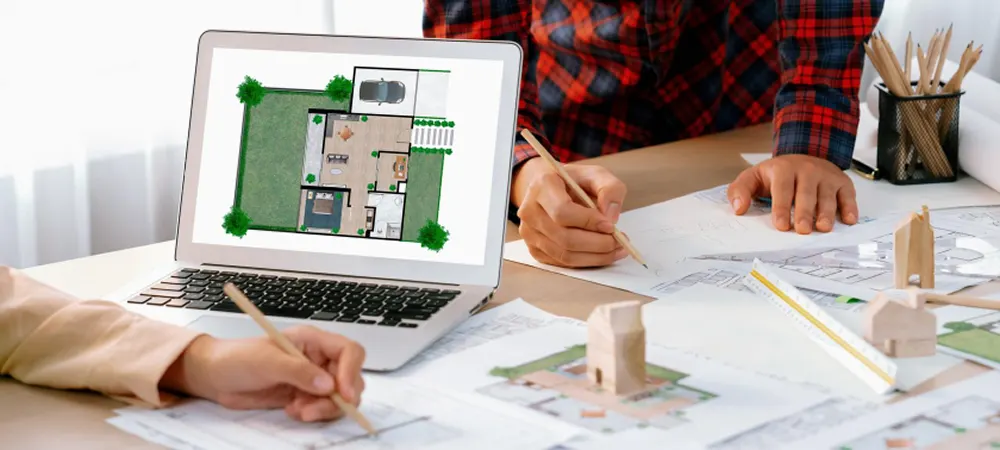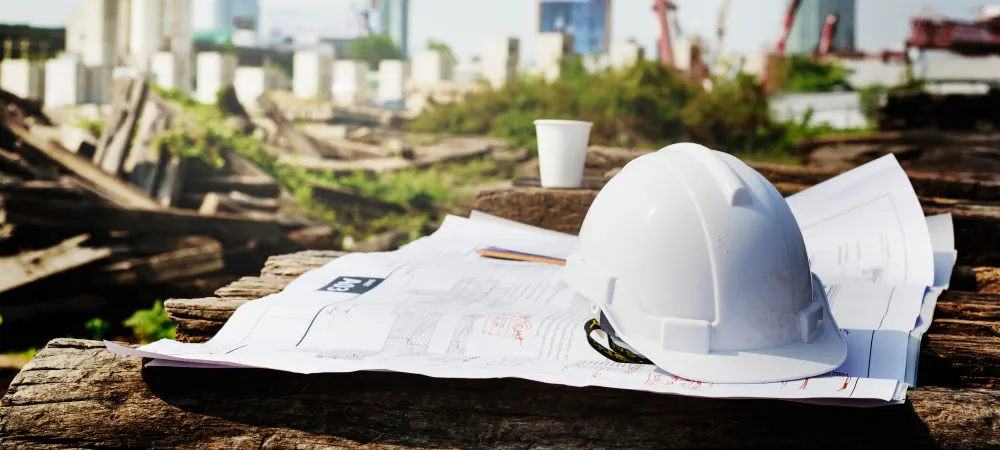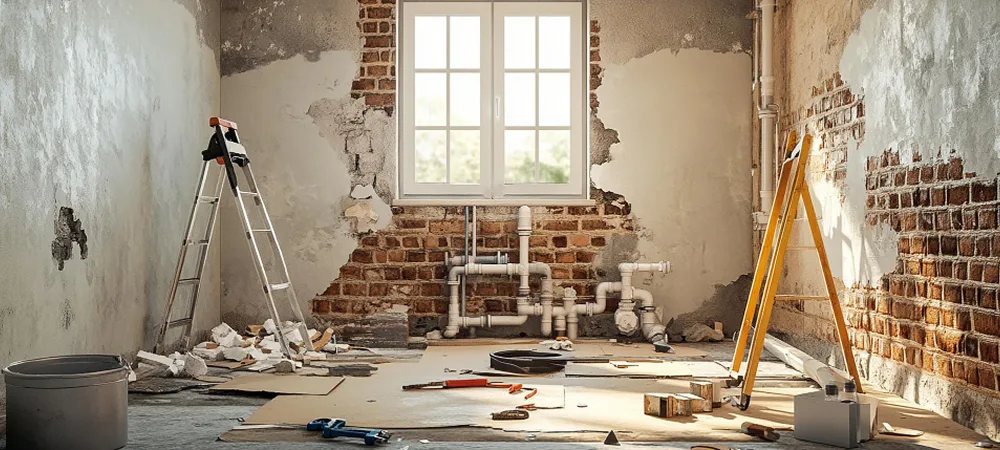Building your dream home is an exciting yet challenging journey. Whether you’re planning a custom-built house, a knockdown and rebuild project, or a new construction, choosing the right home builder is crucial to ensure your vision becomes a reality. With so many builders out there, it can be overwhelming to know where to start. To make the decision easier, it’s important to understand the key factors to consider when selecting the ideal home builder for your project.
1. Experience and Reputation
One of the first things to look for in a home builder is experience. An experienced builder brings a wealth of knowledge to the table, making it easier to navigate the complexities of the construction process. Whether it’s building single-story homes, duplexes, or double-story houses, experience ensures they can handle the challenges that arise during construction.
Before making a decision, take the time to research the builder’s reputation. Check online reviews, ask for client testimonials, and look at completed projects. A reliable builder will have a track record of delivering high-quality homes on time and within budget. You can also ask for references and speak with previous clients about their experience working with the builder.
2. Specialization in the Type of Home You Want
Not all builders specialize in the same types of projects. Some may focus on custom homes, while others may specialize in knockdown and rebuild projects, duplex homes, or particular architectural designs, such as single or double-story homes. Ensure the builder you choose has experience in constructing the type of home you’re envisioning.
For example, if you’re looking to build a duplex for investment purposes or to accommodate multi-generational living, you’ll want a builder with experience in duplex designs. Similarly, if you’re considering a single-story home for ease of access or a double-story home for maximizing space, selecting a builder familiar with those specific designs is essential.
3. Licensing and Insurance
A legitimate home builder should be fully licensed and insured. This is not just a formality—it protects you as the homeowner. A licensed builder is required to meet local building codes and regulations, ensuring that your home is constructed safely and up to standard. Insurance is equally important, as it provides protection in case of accidents or unforeseen issues during the build. Always ask to see a builder’s credentials before proceeding with any contract.
4. Quality of Workmanship
Quality craftsmanship is the foundation of any successful home build. When evaluating potential builders, pay attention to the quality of their previous work. Are the finishes neat and well-executed? Is the builder known for using high-quality materials? You can often visit current or past projects or attend display homes to assess the level of workmanship firsthand.
Many builders will offer a warranty on their work, which is a good indicator of their confidence in the quality of their craftsmanship. Ask about warranties and guarantees to ensure your home is covered in the event of defects or issues after construction is completed.
5. Budget and Transparency
Building a home can be a significant financial investment, so it’s essential to select a builder who can work within your budget while delivering the quality you expect. When discussing your project, be clear about your budget from the outset and ask for a detailed breakdown of the costs involved. A trustworthy builder should provide a transparent quote, including all material, labor, and additional costs.
Be wary of builders who provide vague or overly low-cost estimates, as this can often lead to hidden costs or corners being cut during construction. Transparency in pricing is key to avoid any unpleasant surprises along the way.
6. Communication and Customer Service
Building a home involves many moving parts and decisions that require ongoing communication between you and the builder. A builder with strong communication skills will keep you updated on the project’s progress, inform you of any challenges, and be available to address any concerns or questions you may have. Excellent customer service is essential in ensuring a smooth building process.
Before committing to a builder, assess how they communicate with you. Are they responsive to emails or calls? Do they take the time to understand your needs and provide thoughtful answers? A builder who listens to your ideas and communicates effectively will make the building process far more enjoyable.
7. Design Flexibility and Customization
Your dream home should reflect your unique style and needs. Choose a builder who is willing to work with you on customizing the design, ensuring that every detail is tailored to your preferences. Some builders offer a variety of pre-designed plans that can be modified, while others may provide full custom design services.
If you have a specific vision in mind, whether it’s a specific architectural style, eco-friendly materials, or smart home features, ensure the builder is open to incorporating these into the design. Flexibility in design allows you to create a space that truly feels like home.
8. Project Management and Timeliness
Building a home requires coordination between architects, subcontractors, suppliers, and more. A competent home builder will have strong project management skills to ensure everything runs smoothly. This includes managing the construction timeline, scheduling inspections, and ensuring that materials are available when needed.
Timeliness is critical in any construction project. A good builder will provide a clear timeline and stick to it as much as possible, minimizing delays and ensuring that your home is completed on schedule. Ask the builder for estimated project timelines and how they handle potential setbacks.
9. Sustainability and Energy Efficiency
More and more homeowners are considering sustainable design and energy-efficient features when building their homes. If sustainability is important to you, look for a builder who is experienced in green building practices. This could include using energy-efficient materials, solar panels, rainwater harvesting systems, or environmentally-friendly insulation.
Choosing a builder who prioritizes sustainability can save you money on utilities in the long run and contribute to a healthier environment. Make sure to discuss any eco-friendly options during the initial consultation.
10. After-Sales Support
Finally, consider the builder’s after-sales support. A reputable builder will not disappear once your home is completed. They should offer assistance in the form of follow-up inspections, addressing any minor issues or defects, and providing advice on home maintenance. Knowing that your builder is there for support after construction can give you peace of mind for years to come.
Conclusion
Selecting the right home builder is one of the most important decisions you’ll make during the home-building process. By focusing on experience, reputation, specialization, communication, and other key factors, you can ensure that your dream home is in capable hands. Take your time to research and meet with potential builders to find the one that aligns with your vision, values, and budget. With the right builder by your side, you’ll be on your way to creating the perfect home for you and your family.





